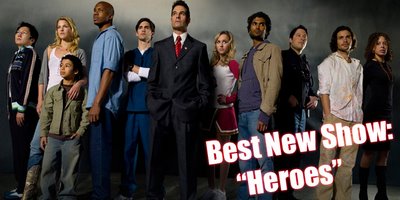
All the aspects of low-budget romantic cinema that made Michel Gondry’s “Eternal Sunshine of the Spotless Mind” so compelling are likewise found in his latest, “The Science of Sleep.”
What’s missing are the powerful characters and dreamy, ethereal quality storytelling, which is ironic considering the actual content of the film are dreams.
Gael García Bernal (“Y tu mamá también,” “The Motorcycle Diaries”) stars as Stéphane, a Peter Pan like figure that seems to have never grown up. He moves back to his mother’s house in Paris after his father’s death, living a majority of his life through dreams he has while sleeping in his racecar sheet lined twin bed. Stuck in a dead end job at a calendar company that he is sure his mother lied to him about in order to get him back home, Stéphane stumbles in and out of his stylish, metaphorical dreams.
Shortly after moving in he meets his neighbor, the dowdy and drab Stéphanie (Charlotte Gainsbourg; “Jane Eyre,” “21 Grams”). While he is originally smitten with her friend, he sparks a connection with Stéphanie through his dreams and waking life.
The dream sequences are impressive, in a faux artsy stylish way. Most of the dreams look like poorly done student films, aiming for bizarre cliché over any sort of substance or meaning.
Bernal carries a majority of the picture, tormented by having to deal with discerning dreams and reality, perhaps grounding the overly odd Gondry styling. Gainsbourg lacks any sort of dynamisms and ultimately suffers not only under the direction of Gondry, but Bernal as well.
The film, as a whole, feels hurried, sloppy and by the film’s end completely unmemorable.







